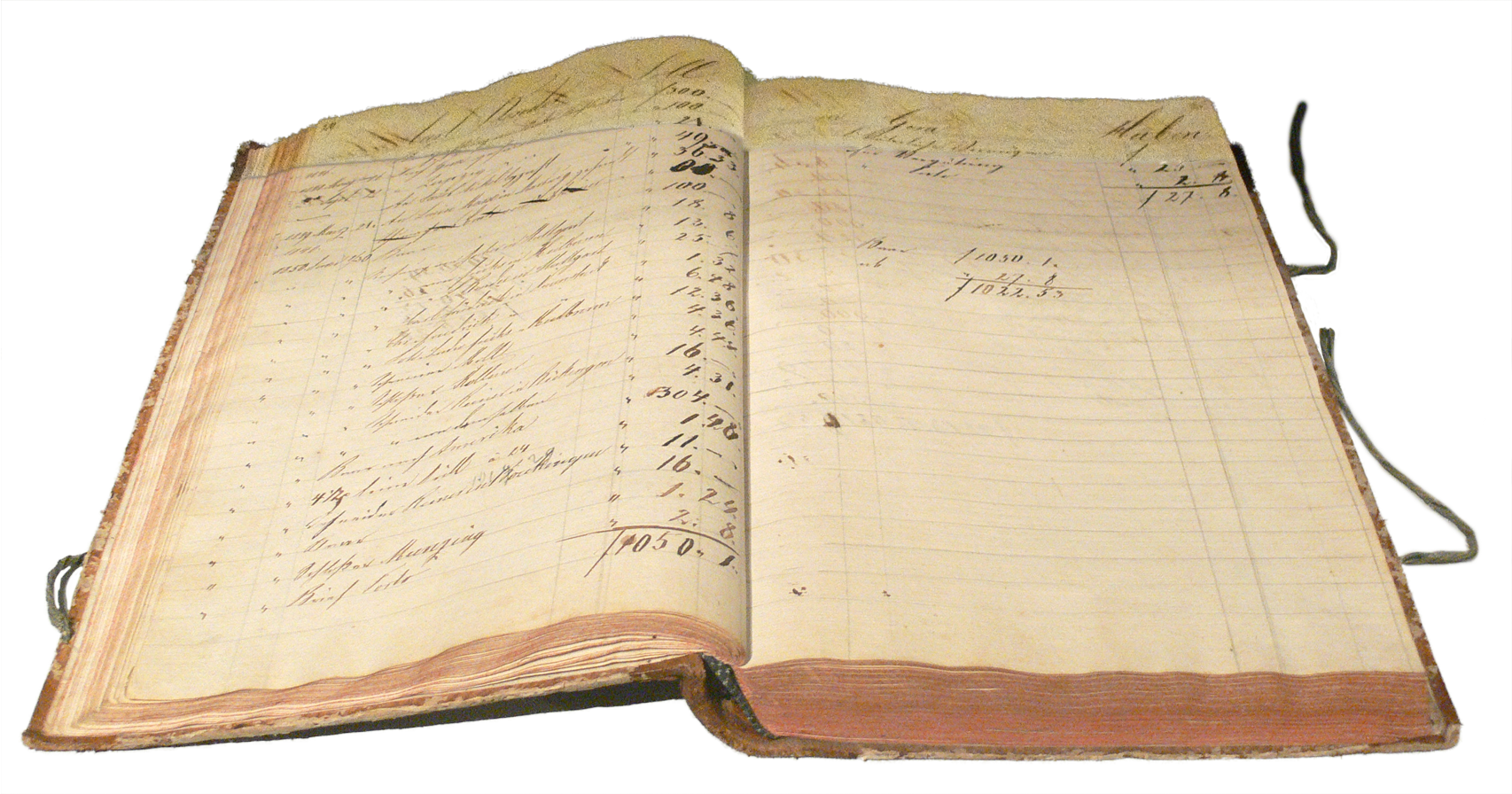Accounting and Finance for Small Businesses
- Introduction to Small Business Financing
- Financial Statements & Month-End Reconciliation
- Roles & Responsibilities in Small Business Finance
- Tax Savings and Filing for Small Businesses
Introduction to Small Business Financing
The Importance of Cash Management in Small Businesses

Movement of money into or out of a business, project, or financial product.
Cash management is a critical component of running a small business. It involves the collection, control, and usage of cash, enabling a business to maintain solvency and achieve its goals. This article will delve into the significance of cash management, techniques for effective cash management, and how to identify and manage cash flow problems.
Understanding Cash Flow
Cash flow refers to the net amount of cash and cash equivalents moving in and out of a business. Positive cash flow indicates that a company's liquid assets are increasing, enabling it to settle debts, reinvest in its business, return money to shareholders, pay expenses, and provide a buffer against future financial challenges. Negative cash flow, on the other hand, indicates that a company's liquid assets are decreasing.
The Significance of Cash Management in Small Businesses
Effective cash management is crucial for small businesses for several reasons:
- Solvency: Cash is needed to pay creditors and ensure the business remains solvent.
- Liquidity: Adequate cash flow is necessary to meet day-to-day operational expenses like payroll and rent.
- Investment: Surplus cash can be invested back into the business to fuel growth.
- Risk Management: A healthy cash flow provides a buffer against unexpected expenses or downturns in revenue.
Techniques for Effective Cash Management
Here are some techniques that small businesses can use to manage their cash effectively:
- Budgeting: Create a detailed budget that includes all income and expenses. Regularly review and update the budget as needed.
- Invoicing: Issue invoices promptly and follow up on late payments. Consider offering discounts for early payment to encourage prompt payment.
- Expense Management: Keep a close eye on expenses. Look for areas where costs can be reduced without impacting the quality of goods or services.
- Cash Flow Forecasting: Use historical data to predict future cash flow. This can help identify potential cash flow problems before they occur.
Identifying and Managing Cash Flow Problems
Cash flow problems can arise for a variety of reasons, such as late payment of invoices, unexpected expenses, or a downturn in sales. Regular cash flow forecasting can help identify potential problems before they occur. If a cash flow problem is identified, it's important to take action quickly. This might involve chasing up late payments, cutting unnecessary expenses, or seeking additional financing.
In conclusion, effective cash management is crucial for the success of a small business. By understanding cash flow, recognizing the importance of cash management, employing effective cash management techniques, and being proactive in identifying and managing cash flow problems, small business owners can help ensure their business remains solvent and has the cash it needs to grow and succeed.